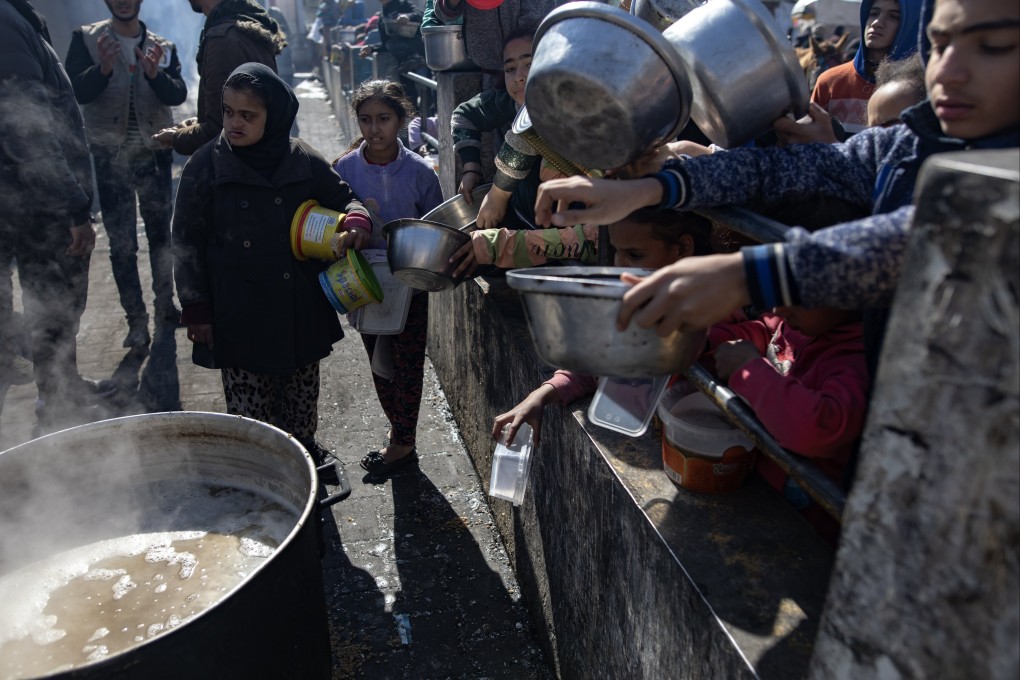Opinion | UNRWA funding cuts reflect the all-too-familiar politicisation of refugee aid
- Refugee and humanitarian aid should be neutral and impartial, but funding is often used as a foreign policy tool to reward allies and punish enemies
- While UNRWA is apolitical, it has frequently been criticised by Palestinians, Israelis and donor countries, including the US, for acting politically

About a dozen countries, including the US, suspended funding to UNRWA, the United Nations agency responsible for delivering aid to Palestinian refugees.
This follows Israel’s allegations 12 UNRWA employees were involved in the October 7, 2023, Hamas attack. UNRWA responded by dismissing all accused employees and launching an investigation.
While the seriousness of the accusations is clear, the US has been downplaying the significance of its funding pause, the action goes against precedent.
Western donors did not, for example, defund other UN agencies or peacekeeping operations amid accusations of sexual assault, corruption or complicity in war crimes.
Cuts to UNRWA funding will affect 1.7 million Palestinian refugees in Gaza along with an additional 400,000 Palestinians without refugee status, which benefit from UNRWA’s infrastructure. Some critics said depriving the agency of funds amounts to collective punishment against Palestinians.
Refugee and humanitarian aid, in theory, should be neutral and impartial. But as experts in migration and international relations, we know funding is often used as a foreign policy tool to reward allies and punish enemies. In this context, we believe cuts to UNRWA funding fit a broader pattern of politicisation of refugee aid, particularly Palestinian refugees.